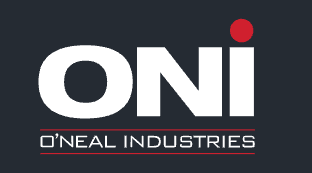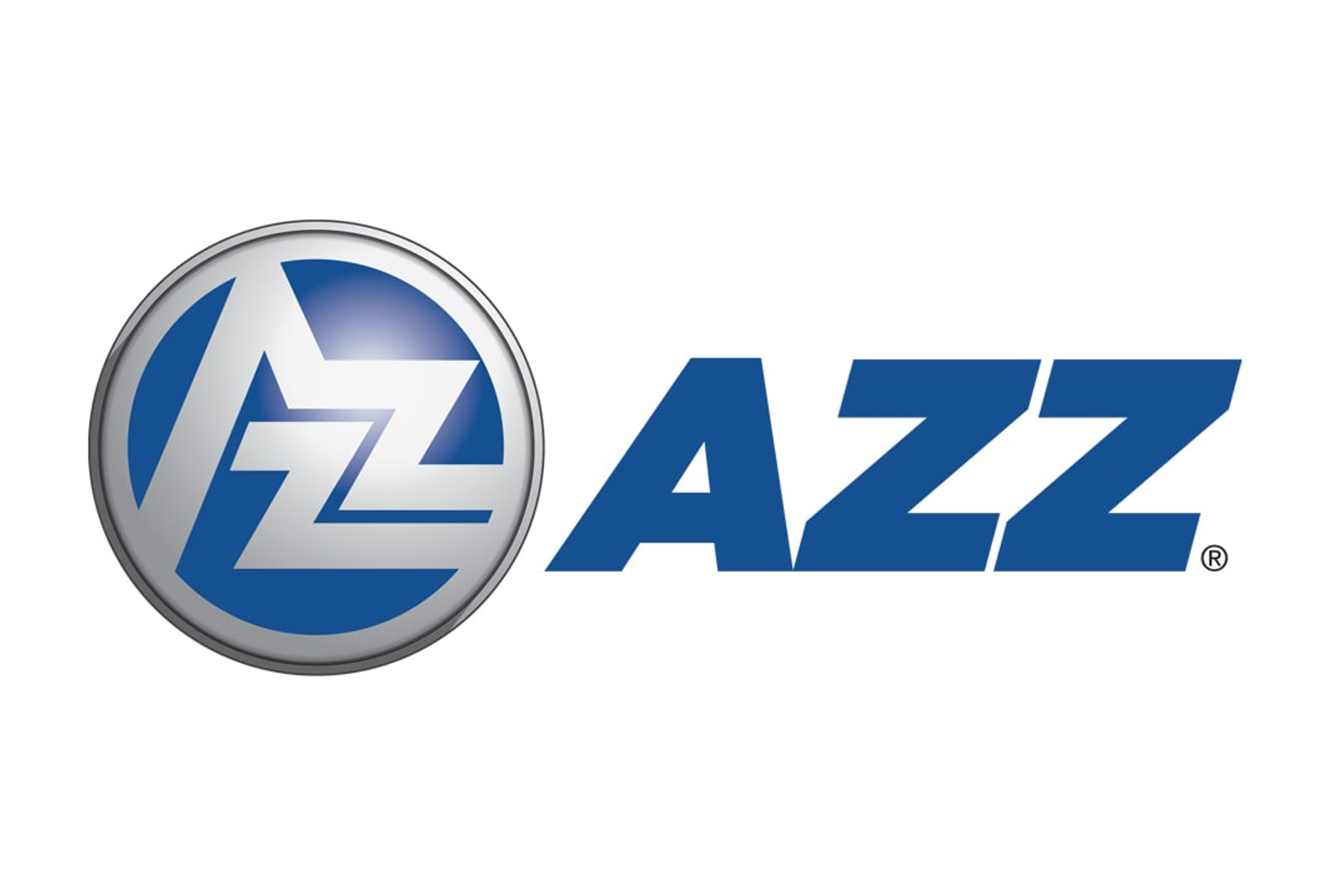Distributors/Service Centers
August 25, 2023
Steel Summit: Reliance CEO Karla Lewis Talks Demand, Company Growth
Written by Laura Miller
In a fireside chat at SMU’s Steel Summit on Tuesday, Aug. 22, Karla Lewis, president and CEO of service center group Reliance Steel & Aluminum, sat down with SMU managing editor Michael Cowden to talk about current demand trends and where she’s leading her company.

When asked about a possible recession, Lewis said, “We don’t like the R word.” Quoting a former Reliance CEO she said: “We choose not to participate in a recession.”
Lewis said certain “indicators are maybe trying to tell us things aren’t as good as we’re hearing from our companies and customers.”
“We’re still seeing good demand,” she said, although there may be a blip in this second half of the year. She cited healthy demand from buildings, data centers, public works, heavy equipment and agriculture, and general manufacturing.
Demand is also picking up for wind, solar, and bridge infrastructure projects, Lewis said. On the Inflation Reduction Act, she commented that Reliance “saw activity faster than we’ve typically seen from government stimulus,” with renewable energy projects activity beginning in the fourth quarter of 2022.
“We think there’s a lot more to come. We’re very positive that’s a tailwind to help us move forward,” she added.
Organic opportunities and value-added processing have been playing big parts in Reliance’s growth, Lewis said. She mentioned the company’s Acero Prime companies in Mexico as continuing to expand and benefiting from the nearshoring trend.
Reliance has “been at the forefront of industry on our capital spend,” planning to spend $520 million this year across its businesses. That’s a big number for a service center. “There’s a lot going on out there,” she noted.
Although Reliance is the largest North American service center, it’s really a decentralized company with a lot of small companies operating independently, she said. This allows decisions to be made as close to customers as they can be. She said the average order size across the businesses is $3,700.
As for the future of Reliance, Lewis said there is no grand plan to deviate from its current model: It plans to grow its tons shipped, the company, and its people. While it can’t control the cost of materials, it focuses on controlling what it can and how it can best participate in the market.
When asked what keeps her up at night, she said, “We purposely set the company up so we can sleep at night.”
Join SMU for the Tampa Steel Conference in January to hear from other service center and mill executives.







